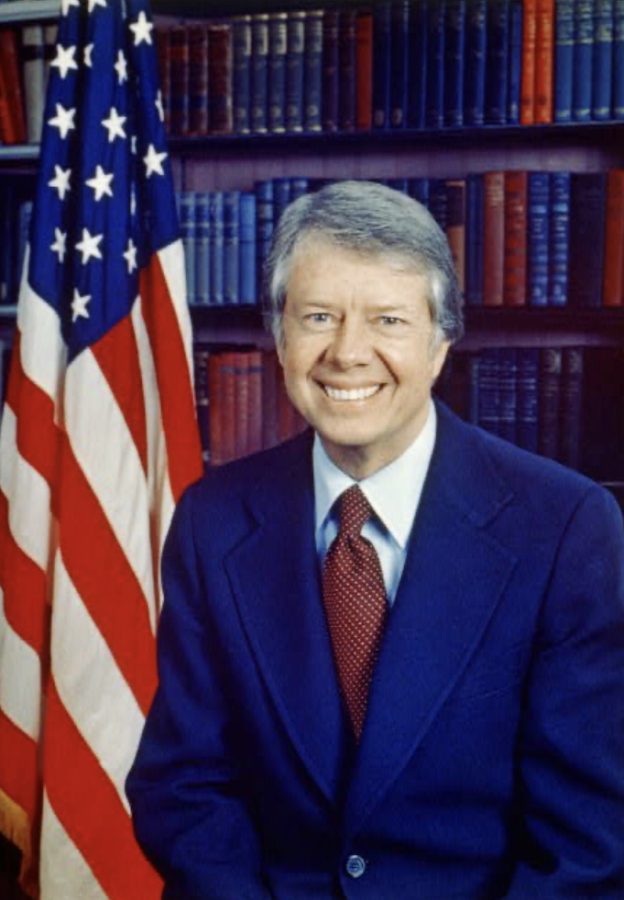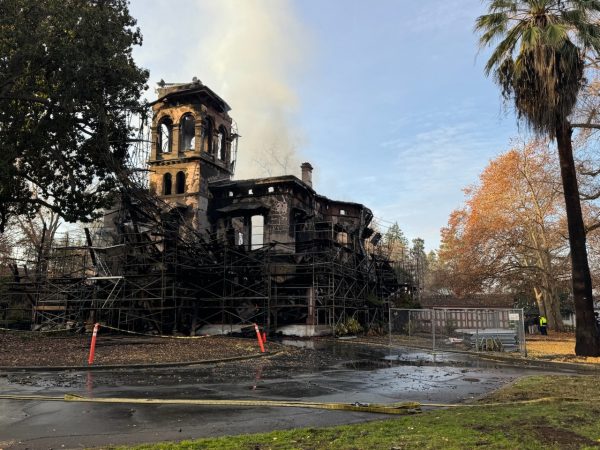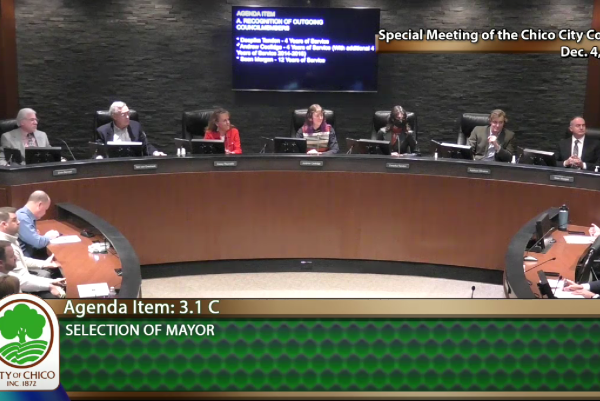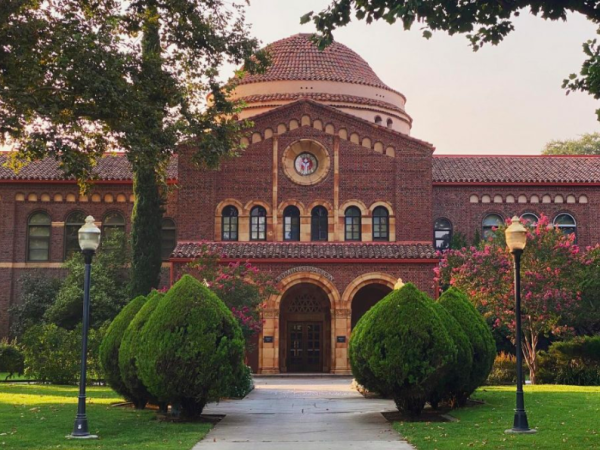Former president Jimmy Carter dies at 100
The peanut-farming patriot was the longest-living president in U.S. history
Schumacher, Karl - January 31, 1977
Jimmy Carter smiles in his official photograph days following his inauguration in 1977.
The former U.S. president and champion of humanitarian rights died on Dec. 29, two years after being placed on hospice care at his private residence, according to a statement by The Carter Center.
Named James Earl Carter Jr., but known by all as Jimmy, Carter became a life-long public servant, pacifist and proponent of human rights.
Born Oct. 1, 1924, in Plains, Georgia, a small farming town near the neighboring community of Archery in which he was raised, Carter obtained an education while his mother worked as a nurse, and his father as a farmer.
After his adolescence in Plains, Carter attended Georgia Southwestern College, furthered his education at The Georgia Institute of Technology and finally graduated from The United States Naval Academy in 1946.
That same year, Carter married his life-long sweetheart former first-lady Rosalyn Smith. During her tenure, she advocated for the protection of those with mental health struggles, and called for increased research for those with emotional and developmental disabilities.
After graduation, Carter served in the Navy undertaking expeditions in both the Pacific and Atlantic Fleets, eventually earning him the title of lieutenant.
His successful military career ceased suddenly after the sudden death of his peanut-farming father, James Earl Carter Sr. in 1953.
Upon his father’s death, Carter returned with Smith to Georgia to reestablish the family farm. Soon after, Carter and Smith opened a farming-supply company, Carter’s Warehouse.
He remained in Plains with Smith and the store, soon becoming a well-respected and powerful local figure.
Carter made his introduction to big-ticket politics in 1962, when he successfully won election to the Georgia State Senate, but he strove for more In 1966 when Carter unsuccessfully ran in Georgia’s Democratic gubernatorial race.
The disappointing outcome failed to dissuade the determined democrat.
In 1970, Carter won his biggest race so far, and in 1971, he was sworn in as the 76th governor of Georgia. His platform, which ran on moderate principles, was much more appealing to Georgians than the liberal and segregationist ideals of his two respective opponents, Carl Sanders and George Wallace.
It’s noted that segregationists present at his inauguration were angered when he declared “the time of racial discrimination is over.”
Despite running on a moderate platform, Carter was beginning to favor liberal ideals regarding fairness and equality.
Carter remained governor until his candidacy for the 1976 presidential election with his running mate Walter Mondale. He would soon face and race the incumbent president, Gerald Ford.
Ford, the only U.S. president to have not been elected as president or vice president, despite serving as both, had an approval rating of 36% in the year prior to the next election.
To most Americans, Carter was known as a peanut-farmer. This seemed to garner questions regarding his qualifications.
However, the peanut-farmer proved himself formidable, winning with a narrow majority of both electoral and popular votes. He devoted his presidential power to crises of both humanitarian and ecological concern.
Soon after taking office, he acted on his platform of peace and offered amnesty for men who evaded the draft during the Vietnam War.
After he lost reelection, Carter and his wife founded The Carter Center, a non-profit organization focused on worldwide humanitarian issues and international work for the betterment of society as a whole.
Carter has been recognized with distinct honors for his life-long strive toward equality. He was awarded the United Nations Human Rights Prize, the Presidential Medal of Freedom and the Nobel Peace Prize following his presidency.
Carter is survived by his children, Jack, Donnel, James and Amy Carter, as well as 22 grandchildren and great grandchildren.
To learn more about Carter’s life and work, visit the Carter Center, or read from his White House biography.
Timothy Adams can be reached at [email protected].








